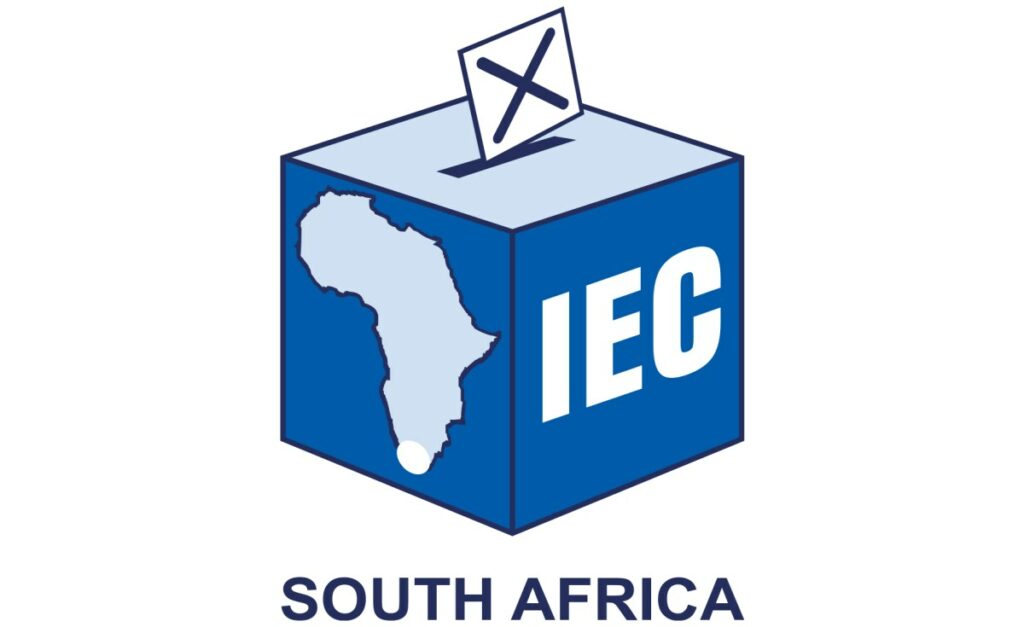Zero evidence of South African electoral commission bribery by ruling party and official opposition and commission is ‘considering legal options’
IN SHORT: Injeje yabeNguni Council, a group aligned with Jacob Zuma’s uMkhonto weSizwe party, has claimed South Africa’s two biggest political parties bribed South Africa’s electoral commission to rig the May 2024 election. There is no evidence of this.
Note: This report includes details about a developing news story. Information was, as far as possible, correct at the time of publication but may change rapidly.
According to a “media statement” released on X, formerly Twitter, on 1 June 2024, two prominent South African electoral commissioners were bribed “by Cyril Ramaphosa and DA leaders” to rig results in favour of their parties in the 29 May general election.
The Injeje yabeNguni Council, who are aligned with the uMkhonto weSizwe (MK) Party, allege vote rigging in the statement, viewed over 124,000 times at time of publication.
The statement has also appeared in multiple posts on Facebook and various instances on TikTok. Other versions on X attracted thousands more views.
The statement claims to have “impeccable evidence” of this, but provides none.
President Cyril Ramphosa leads the country and the ruling African National Congress. The ANC received less than 50% of the vote on 29 May, a first since the country’s inaugural democratic elections of 1994.
The MK Party, formed in December 2023, took the third-largest share of the national vote. It is led by Jacob Zuma, president of South Africa from 2009 to 2018.
The official opposition and the country’s second-biggest party is the Democratic Alliance, or DA.
The statement alleges that Dr Nomsa Masuku of the Electoral Commission of South Africa (IEC), as well as the commission’s chief financial officer Dawn Mbatha, will receive a luxury car or house and cash “in the region of millions”. It goes on to threaten that if they do not resign within 24 hours, Injeje will “be compelled to expose publicly far more than they would like the public to know”.
Claim has ‘no basis in fact’ – IEC
Shortly after the statement was posted, the IEC rubbished the claims of bribery and vote tampering in a post on their official X account. “We reject this assertion in the strongest terms”, they wrote, saying the statement had “no basis in fact” and that they were “considering [their] legal options”. Watchdog Media Monitoring Africa has also debunked the claims.
On 3 June, the same Injeje X account posted a screenshot of what appears to be partial email correspondence from a Pretoria law firm addressed to the Injeje yabeNguni Council. The email refers to the original tweet as a “defamatory media statement”, and said the firm was acting on behalf of the IEC and its two relevant members. The authenticity of this email has not been established.
In the same X post, Injeje included another media statement, saying it had decided “to pursue the private prosecution” of the two IEC members, as well as Ramaphosa and DA leader John Steenhuisen, for their “corrupt collusion” to rig the election.
This statement also claims to have “irrefutable evidence” of this, but still does not provide any.
No evidence for MK Party claims
At time of writing, there is no evidence to support the claim that IEC commissioners were involved in election rigging. The claim also seems at odds with the national election results in two significant ways.
First, if the ANC and DA had successfully bribed the country’s independent electoral body, why would they have done so only to have their share of the vote stagnate, in the DA’s case, achieving only a percentage point more of the vote than in 2019, or suffer a significant loss of support, in the ANC’s case, dropping over 17 percentage points from 2019?
In the later statement, Injeje attempts to address this by saying the vote was rigged “to ensure that no party acquires a majority so as to make way for the DA to sneak into governance”. This is, however, unconvincing.
The second issue is that the final results from the IEC largely align with what major polls had been predicting. Across different polls the ANC was predicted to get between 40.2% and 43.4%, the DA 18.6% to 22.6%, the Economic Freedom Fighters (EFF) 9.8% to 12%, and MK Party 8.4% to 14.4%. The final ANC and DA results were within this range, and the EFF fell only slightly below, with 9.5% of the vote. The MK Party achieved slightly higher than predicted, at 14.6%.
Sign up for free AllAfrica Newsletters
Get the latest in African news delivered straight to your inbox
If the election had been rigged, as claimed, why would the results have been unchanged from those of independent, nationally representative polls conducted by multiple organisations in the months before the election?
This is not the only time the MK Party or those aligned with it have alleged that the IEC cannot be trusted. On 2 June the party posted a video on their official X account, claiming it showed vote rigging “this election”. But the video was originally posted on TikTok as far back as November 2021.
On 7 March, the IEC warned the MK Party after videos of what it called “violent language” from party members surfaced.
Announcing the election results on 2 June, the IEC raised the issue of problematic behaviour during the election process, saying: “We’ve seen relentless and targeted social media attacks, disinformation campaigns, unwarranted allegations and sometimes what appear to be bare acts of intimidation.”
>>> Read full article>>>
Copyright for syndicated content belongs to the linked Source : AllAfrica – https://allafrica.com/stories/202406040641.html
